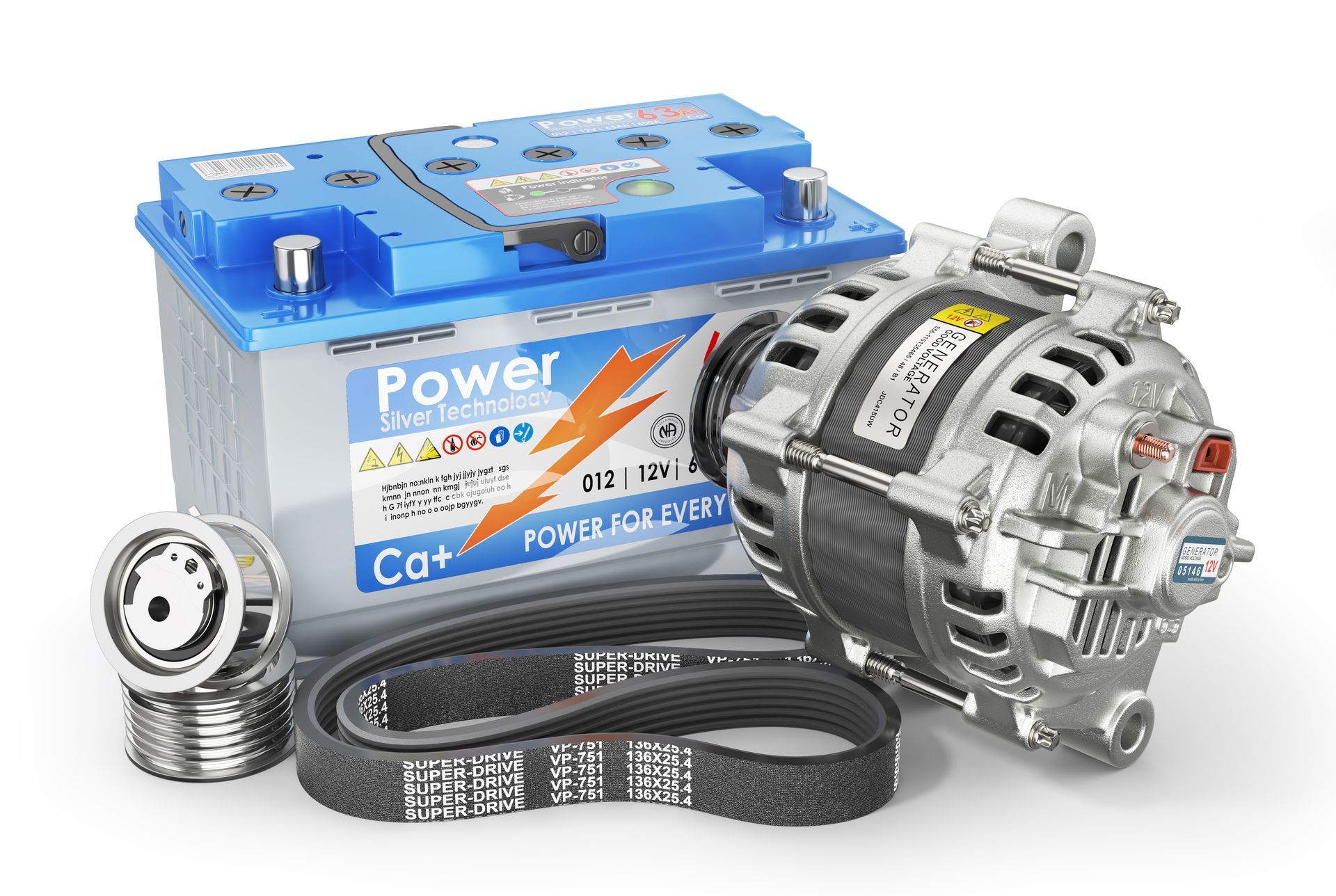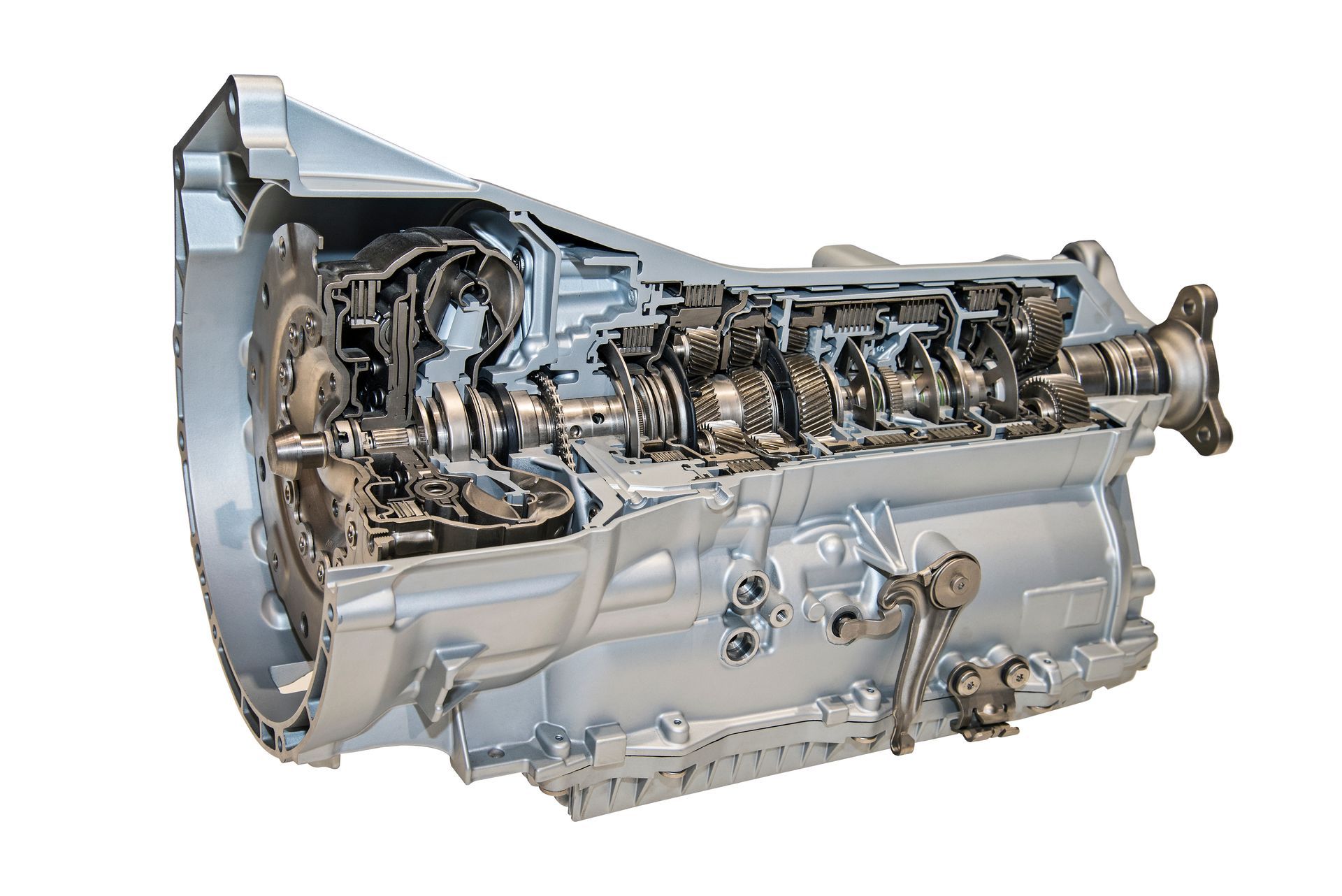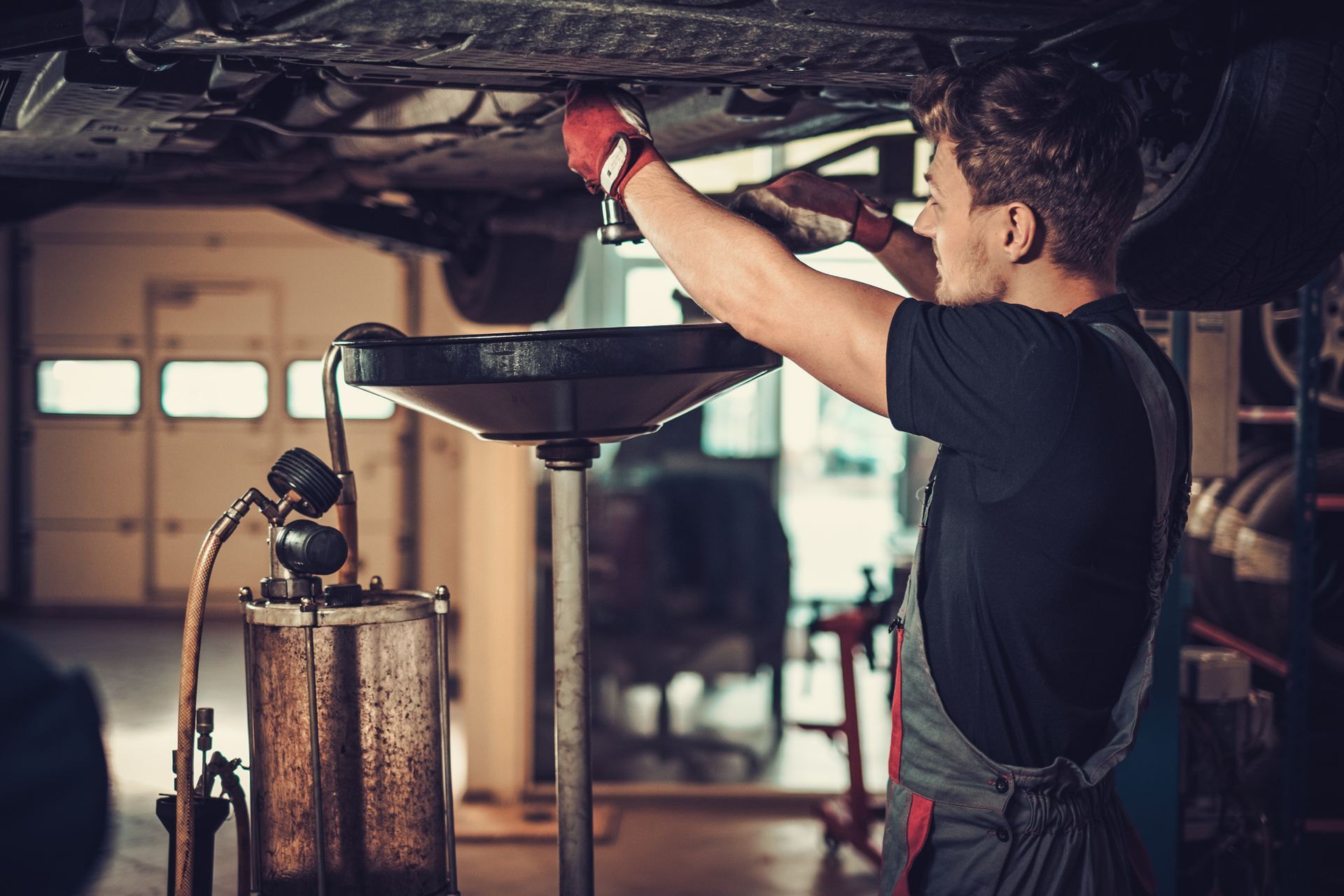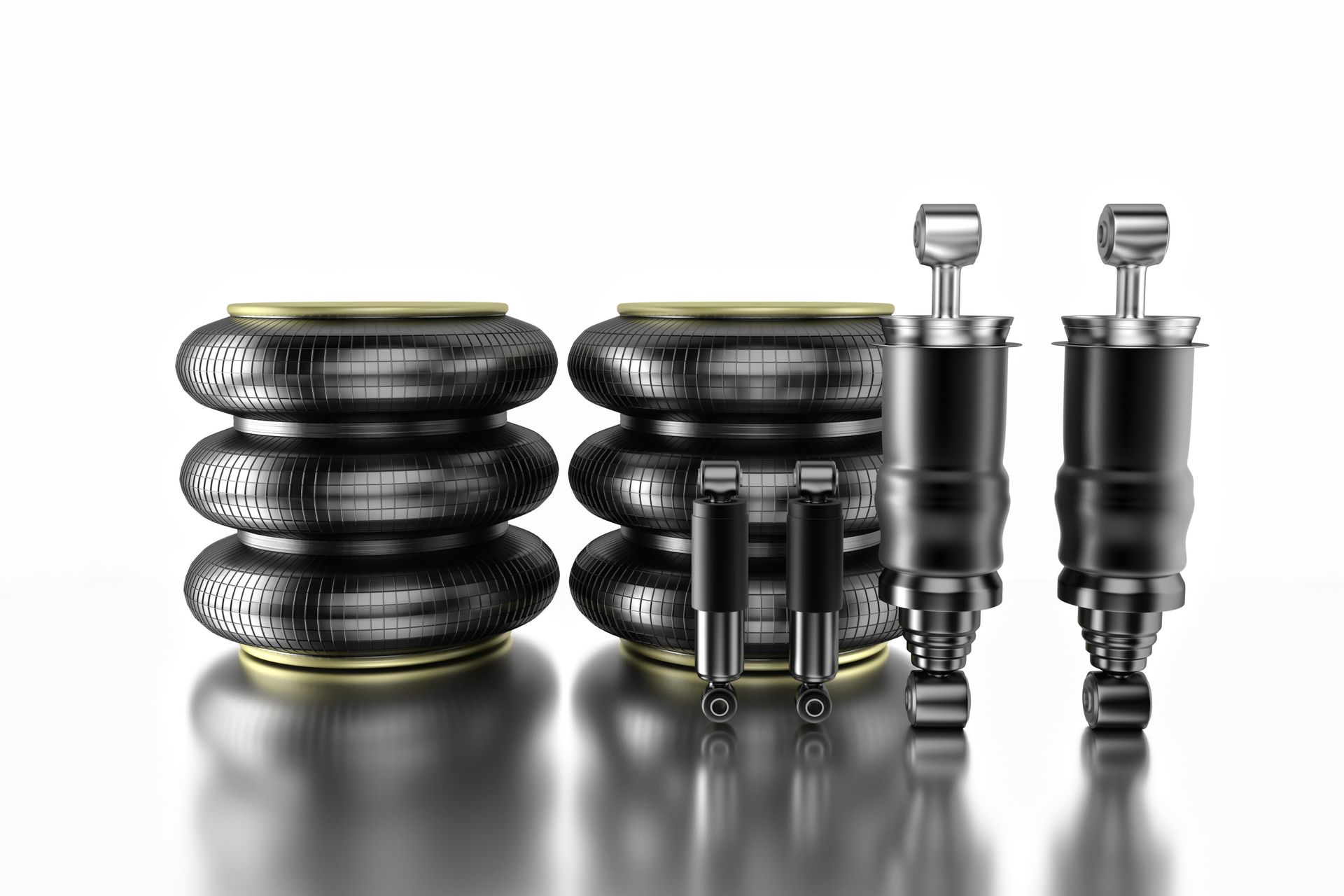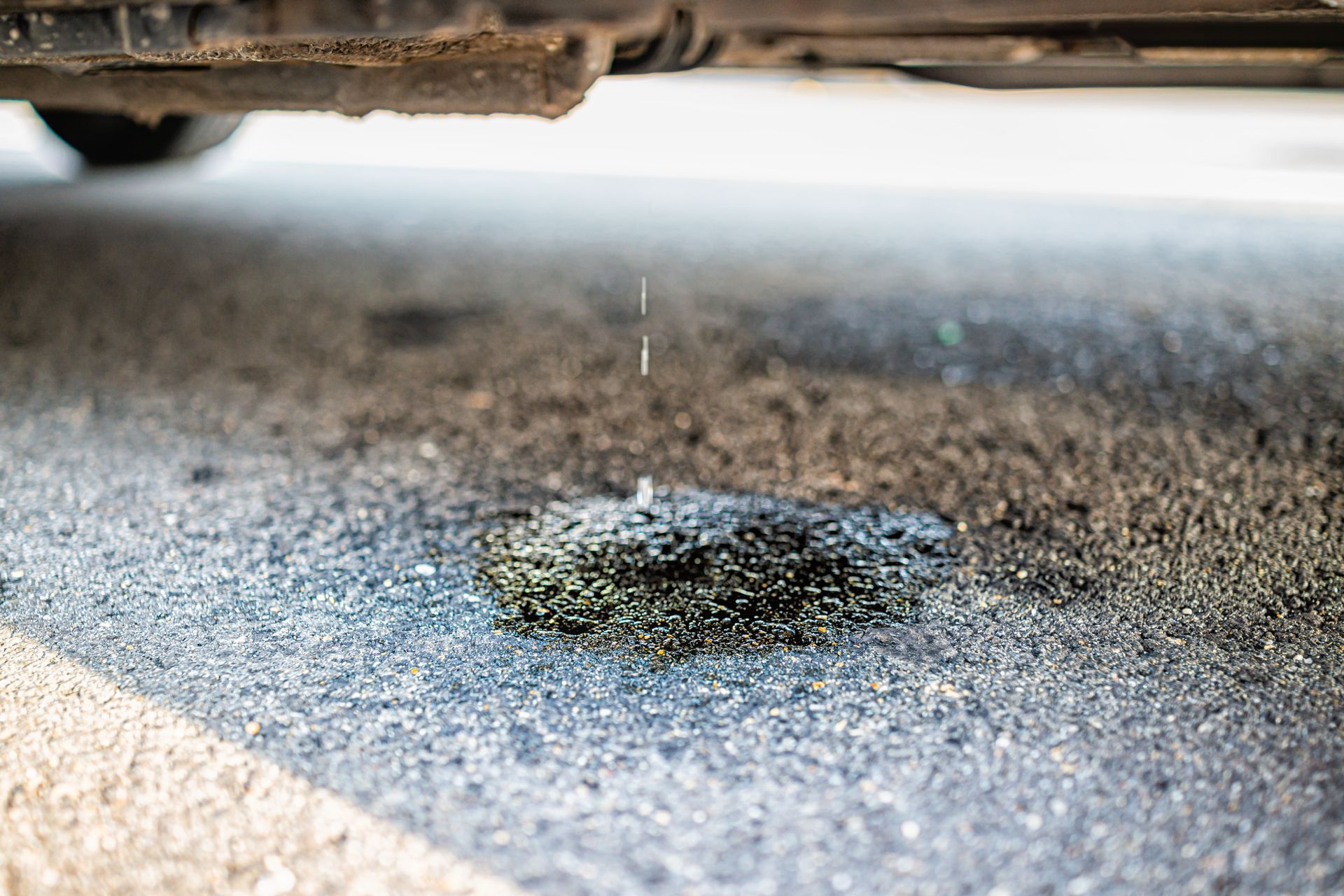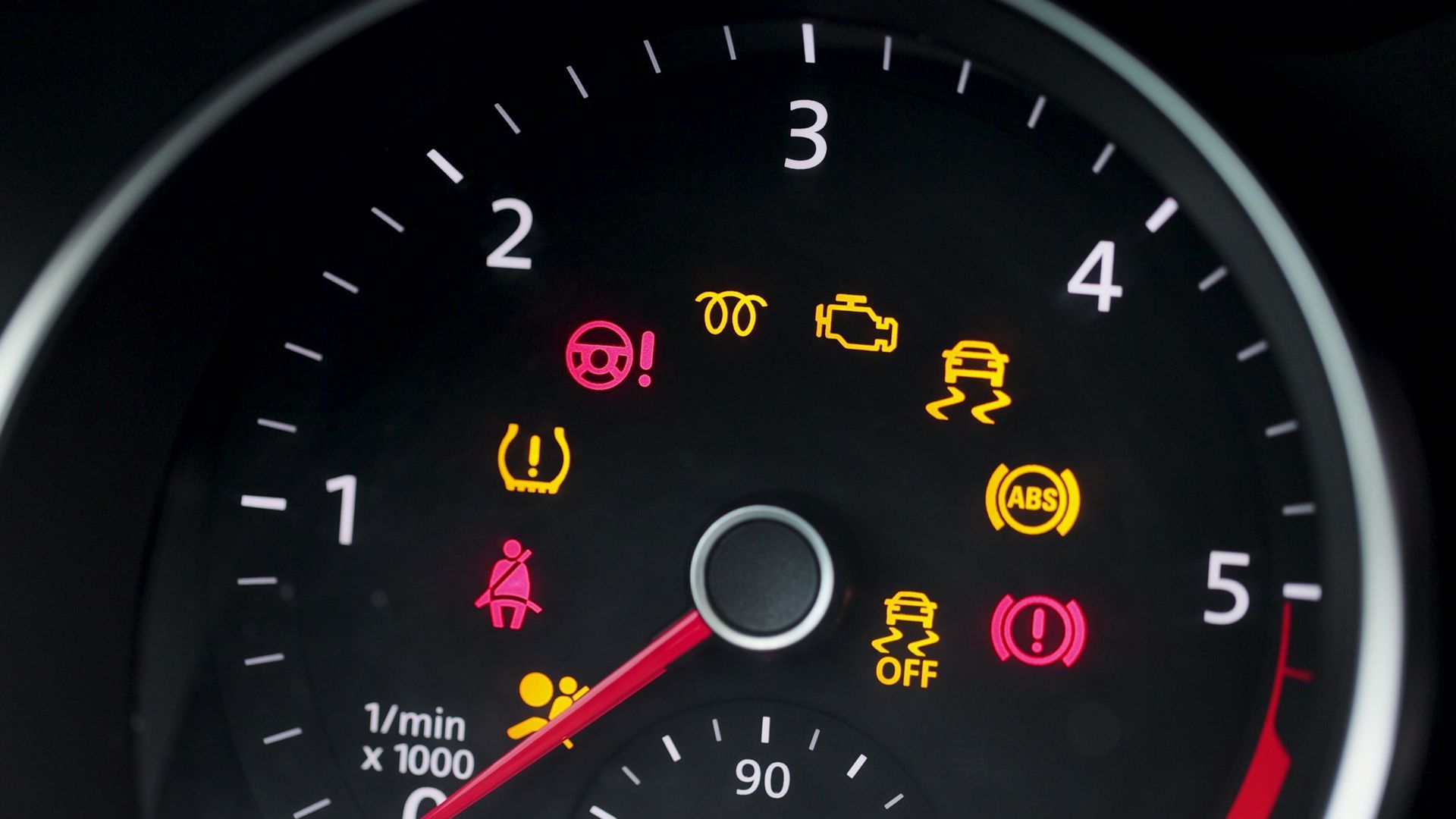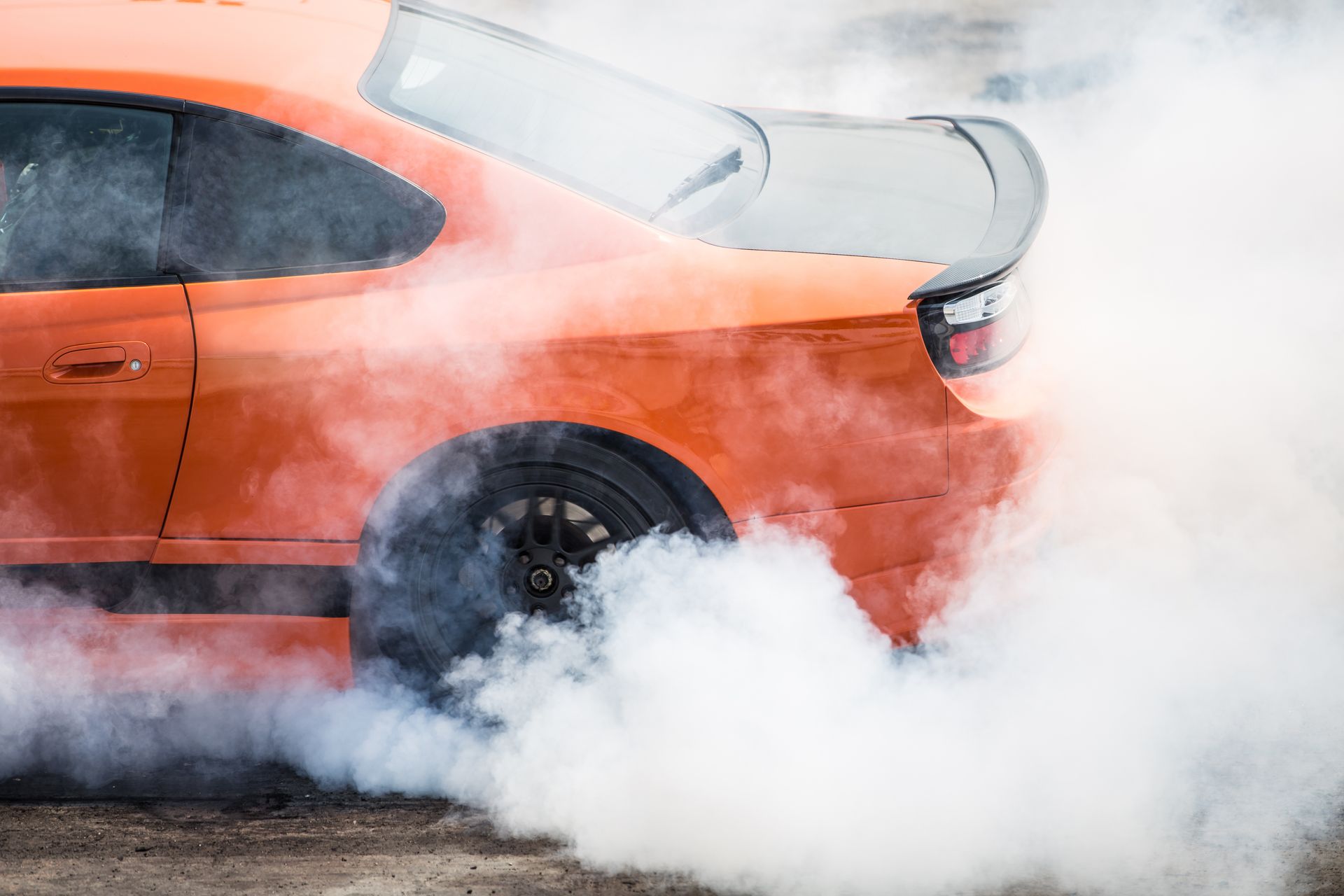Living in Florida comes with beautiful beaches, sunny days, and an abundance of outdoor activities. But along with all these perks comes a challenge that everyone faces—high humidity. While most people are well aware of the toll humidity can take on their homes and health, few stop to think about how it affects their vehicles. The humid climate in Florida can wreak havoc on various components of your car, potentially leading to costly repairs and unexpected breakdowns if not properly addressed.
We'll explore how Florida’s humidity affects your vehicle and how you can minimize the damage.
Corrosion and Rust
One of the most significant problems humidity can cause for your car is rust. High moisture levels in the air create the perfect environment for corrosion, especially in places where saltwater is prevalent. Florida’s coastal areas are particularly prone to this issue, as the salt in the air accelerates rust formation.
Rust can form on almost any metal surface on your vehicle, but it’s particularly dangerous when it starts affecting the undercarriage, brakes, and exhaust system. These parts are often exposed to water and debris, making them more susceptible to corrosion. Once rust sets in, it can weaken the structural integrity of your car and lead to expensive repairs or replacements.
To protect your vehicle, regularly wash it—especially the undercarriage—to remove salt and grime. Applying a rust-resistant coating to vulnerable parts can also help reduce corrosion. Routine inspections will catch rust problems before they become severe.
Electrical System Damage
Humidity doesn’t just affect the exterior of your car—it can also sneak into the electrical components. Excessive moisture can lead to condensation in areas where wiring and circuits are located. Over time, this moisture can cause electrical shorts, corrosion of terminals, and malfunctioning components, such as your vehicle’s lighting or battery system.
One simple way to minimize the impact of humidity on your car’s electrical system is by parking in a covered area, like a garage, whenever possible. If you don’t have access to covered parking, consider investing in a car cover to keep moisture at bay.
Mold and Mildew Growth Inside Your Vehicle
Florida's high humidity levels can also affect the interior of your vehicle. When moisture gets trapped inside your car, it creates the perfect breeding ground for mold and mildew. You might notice a musty odor or even visible mold growth on your seats, carpets, or air vents.
This not only makes your car unpleasant to drive but can also pose health risks, especially for those with allergies or respiratory conditions. Mold spores can easily spread through the air conditioning system, making it difficult to keep your car’s cabin clean and fresh.
To avoid this, ensure that your vehicle is well-ventilated and try to park in shaded areas to reduce the buildup of heat and moisture. If you suspect mold growth, schedule an interior cleaning or detailing to get rid of the problem before it worsens.
Tire Pressure Fluctuations
Humidity doesn’t directly affect your car’s tires, but it plays a role in the changes in temperature that occur throughout the day. Hot and humid days cause the air inside your tires to expand, which can lead to over-inflation. Conversely, when the temperature cools, the air inside the tires contracts, potentially causing under-inflation.
These constant changes in pressure can wear your tires unevenly, reduce fuel efficiency, and even increase the risk of a blowout. Keeping a close eye on your tire pressure and regularly inflating or deflating your tires as needed will help prolong their lifespan and ensure safer driving conditions.
It’s a good idea to have your tire pressure checked frequently by professionals, especially if you’ve noticed a change in your car’s handling or performance. Tire inspections can ensure that your tires are inflated to the correct level and are in good condition.
5. Engine Performance Issues
Humidity can also have an impact on your car’s engine, particularly on the air intake system. When the air is filled with moisture, your engine has to work harder to achieve optimal combustion, as it prefers dry, oxygen-rich air. This can lead to reduced fuel efficiency, sluggish acceleration, and overall performance issues.
Regular maintenance, such as changing your air filters and keeping up with oil changes, will help your engine perform better in humid conditions. If you’re experiencing a noticeable dip in performance, it might be time to bring your car to Gold Wing Motors for a thorough inspection and tune-up.
Protect your German car from Florida’s challenging environment with regular maintenance at
Gold Wing Motors. Our expert technicians can help you prevent damage caused by humidity. Schedule an appointment today to give your car the care it deserves!

